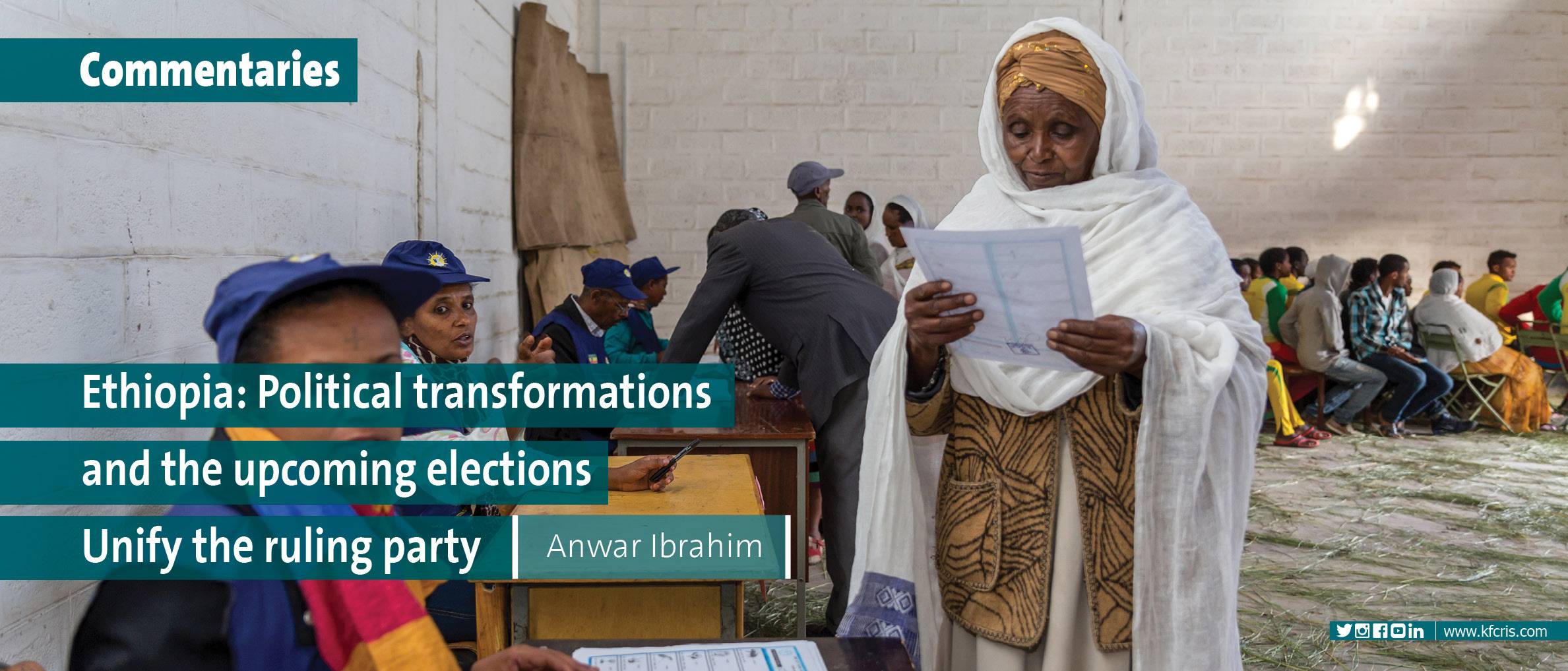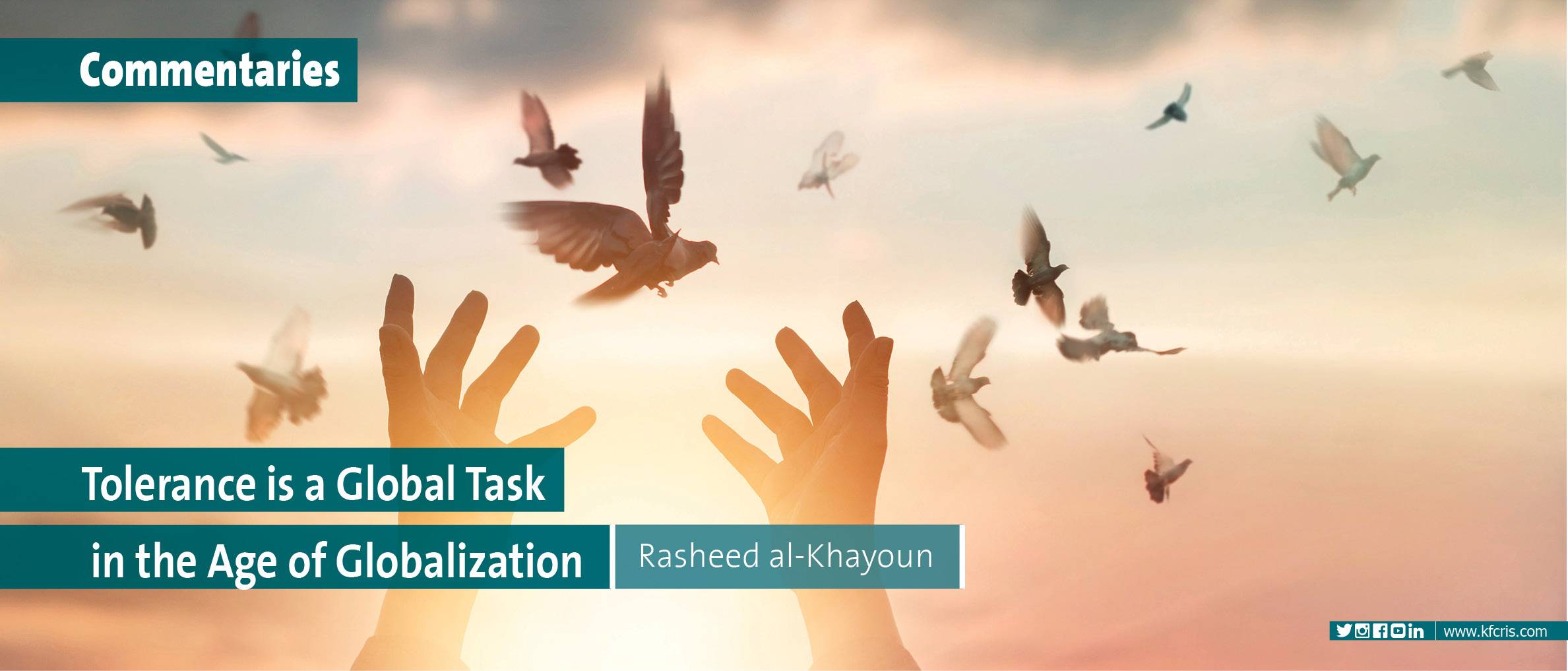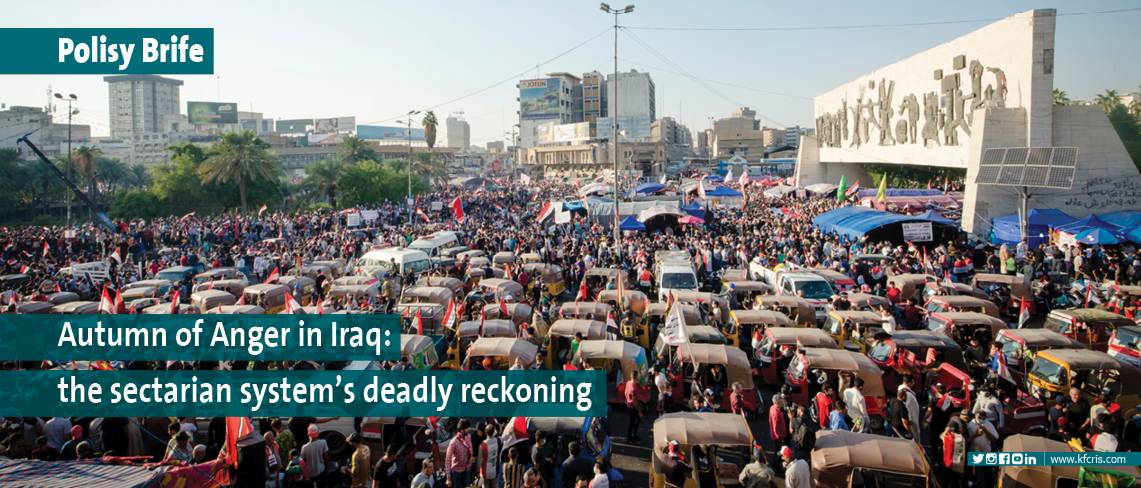Research Papers
Number:
Author: Hanaa Almoaibed
The Commentary discusses the education-employment linkage in the Kingdom highlighting how schooling practices at the high school level affect young Saudi citizens' transition to university and employment. It particularly focuses on the effect of free track choice and the screening mechanism in the secondary-to-tertiary transition and offers policy recommendations.

Number:
Author: Jennifer Peck
Saudi Arabia has recently experienced rapid growth in women’s economic participation, with female labor force participation nearly doubling from 10.1% in 2000 to 19.6% in 2018. Increasing women’s employment is a key economic and social goal for the Kingdom, and a series of ambitious labor reforms over the past eight years has corresponded with a historic growth of women’s employment in the private sector, which increased over eight-fold from just 71,000 in mid-2011 to 592,000 by the end of 2018.
Number: 51
Author: Javier Bordón
From 2014 onwards, Saudi-Iraqi relations depict an emerging set of drivers at the international, domestic and decision-making levels framing the steps in a process of bilateral rapprochement. Among the various aspects in which cooperative schemes are gaining momentum, the present paper deals with the untapped potential of the Saudi-Iraqi land border, its idiosyncrasy, challenges and opportunities. For doing so, the analysis will unfold in the areas of border security, cross-border infrastructure and regulation, trade, oil transport, electricity interconnection and religious pilgrimage.

Number:
Author: Anwar Ibrahim
In the context of the general elections scheduled for 2020, the Ethiopian Prime Minister turned towards uniting the ruling party and under a new name. In this article, the author reviews the political significance of such initiative; its implications on the outlook of Ethiopian political parties and future alliances in preparation for the upcoming elections.
The English translation is currently unavailable.

Number:
Author: Rasheed al-Khayoun
Perhaps the need for religious tolerance, as it is now in an era of globalization, which means the convergence and mixing of peoples, from the far north to the far south, through the economy and society, and the development of social media tools to what is expressed in a “Glance of the eye” To the maximum.
The English translation is currently unavailable.
Number: 50
Author: Muhammad Zulfikar Rakhmat
Although the Gulf is not highlighted on the official map of China’s Belt and Road Initiative, it is one of the main regions where the BRI is being implemented. President Xi Jinping has repeatedly emphasized that Gulf countries are essential partners in jointly building the BRI. Since then, various actors from China, mainly firms, banks, and financial institutions have actively embarked on efforts to implement the BRI in the Gulf. This report aims to analyse how China's legitimating efforts are being carried out and who are the actors involved. It does so by dividing China’s efforts into two components: the efforts, which concerns
Number:
Author: Maha Fallatah and Makio Yamada
Regionally-balanced development has been one of the key policy goals of the Saudi government. Today, the need for job creation seems particularly acute in some regions of the Kingdom. According to the General Authority for Statistics, while the national unemployment rate among Saudi citizens was 12.3% in the second quarter of 2019, some regions reached higher rates, such as 20.9% in Jazan and 18.1% in Al-Baha; rates were lower in those with urban centers such as Riyadh (10.1%) and the Eastern Province (10.4%).While an ongoing tourism opening will start to create greater opportunities for local growth in rural regions, the key long-term challenge is to

